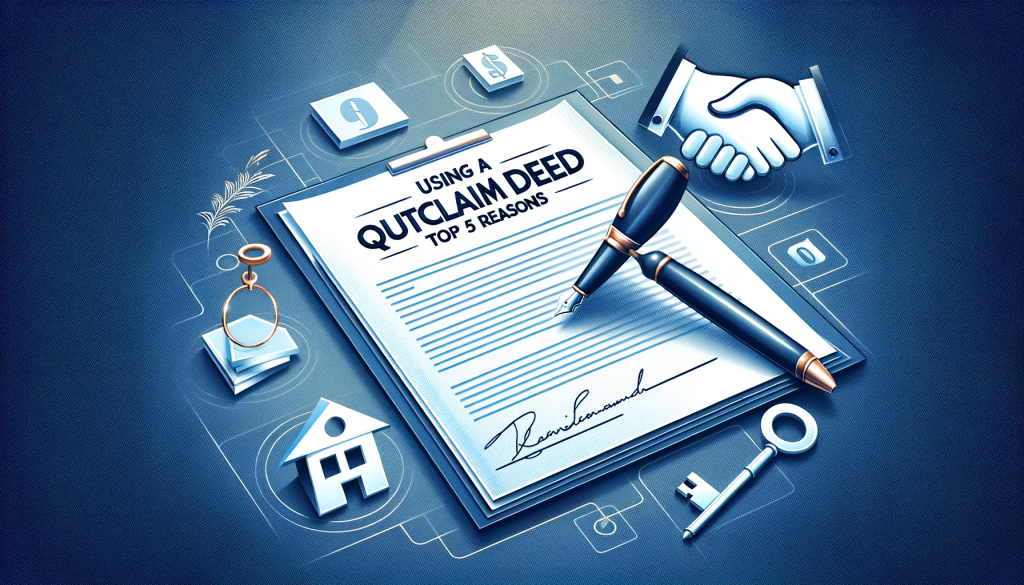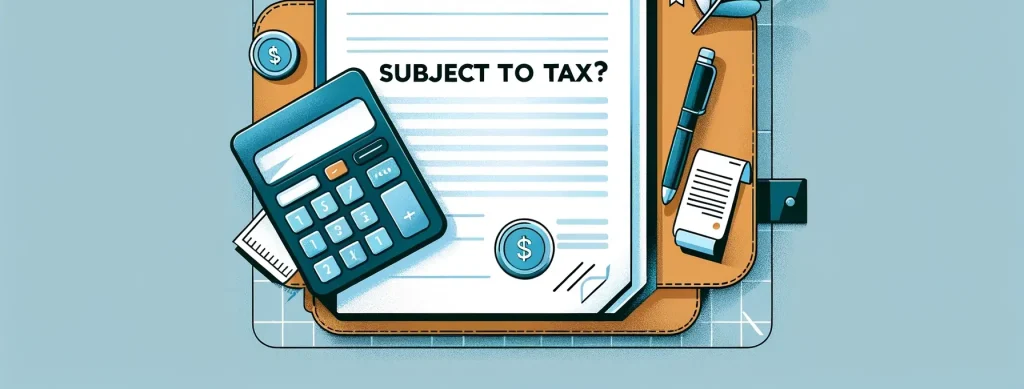Are you considering using a quitclaim deed? It’s a fast, simple, and reasonable way to transfer home ownership. It’s a good choice in certain situations. What are those certain situations?
In contrast to warranty deeds, which are most often used in
regular home sales, a quitclaim would more likely be used:
- Among family members. In this case, when the parties know the history of the property and no title insurance policy is issued, quitclaiming can be done either with or without expert help.
- In a divorce. A decree stating that one ex-spouse will keep the home doesn’t actually transfer a home. Yet transferring ownership to an ex is easily done by quitclaim.
- To clear up confusion about ownership, including name changes. Quitclaiming to clarify ownership can be achieved without expert help, but it’s often requested by a title insurer.
- In a sale of a bank-owned house. If it will be the buyer’s responsibility to make the title good, a quitclaim can be used in an REO auction.
- To place a home into an LLC. Some investor owners decide to transfer properties into an LLC. A quitclaim deed is one way to do this.
Quitclaiming is a simple, because it can transfer ownership
of real estate without the need to examine current ownership or the chain of
title. Historically, the quitclaim has long been the go-to method of
transferring property while avoiding bureaucracy.
In that spirit, without further ado, here’s more on five top
reasons homeowners decide to use quitclaim deeds.
Continue reading “Using a Quitclaim Deed: Top 5 Reasons”














